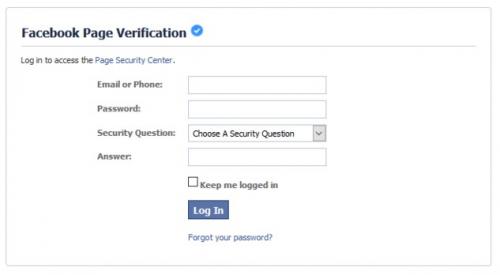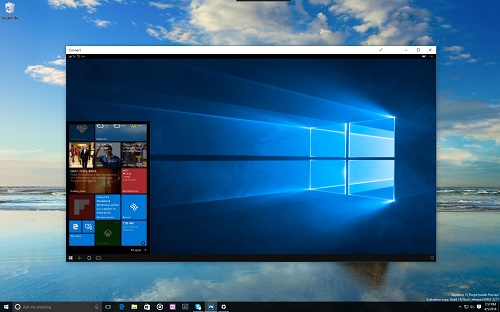
This week Facebook announced it has reached 1.65 billion users. At the same time, a new phishing scam has been discovered that targets Facebook users and attempts to steal their login credentials. The scam inserts a fake website window known as an iframe inside the real Facebook site, prompting users to re-enter their username and password under the guise of a “Facebook Page Verification.”


Lavasoft’s Ad-Aware Pro Security 11.1 has just been certified by AV-Comparatives, an independent antivirus testing lab, in the first public test using the Real-Time Threat List. The list is a repository of recent malware samples collected from sources around the world and managed by the Anti-Malware Testing Standards Organization.

The one year anniversary of Windows 10 is coming up on July 29th and Microsoft plans to release an “Anniversary Upgrade” for the operating system. The company has released an insider preview of the update which includes a number of new features and upgrades.

This past weekend security researcher and “artful hacker” Mike Olsen discovered that surveillance cameras he purchased through Amazon were embedded with malware. Olsen had purchased the USG Sony Chip HD 6 Cameras, marketed as “Affordable High Definition CCTV Video Surveilance” to provide outdoor surveillance for a friend’s home. In keeping with the marketing pitch, he thought the 6 cameras and recording equipment were a good deal.

WhatsApp’s billion plus users are now protected by end-to-end encryption. Every call, text message, photo, video, file, or voicemail sent using WhatsApp will be encrypted for all users by default. End-to-end encryption is a system of secure communication wherein only the people involved in the exchange can read the messages.

Yesterday the US Computer Emergency Readiness Team (US-CERT) issued a warning regarding ransomware. Their goal was to provide the public with information on ransomware, “specifically its main characteristics, its prevalence, variants that may be proliferating, and how users can prevent and mitigate against ransomware.” The warning comes after a number of hospitals have had their computer networks infected with ransomware.








